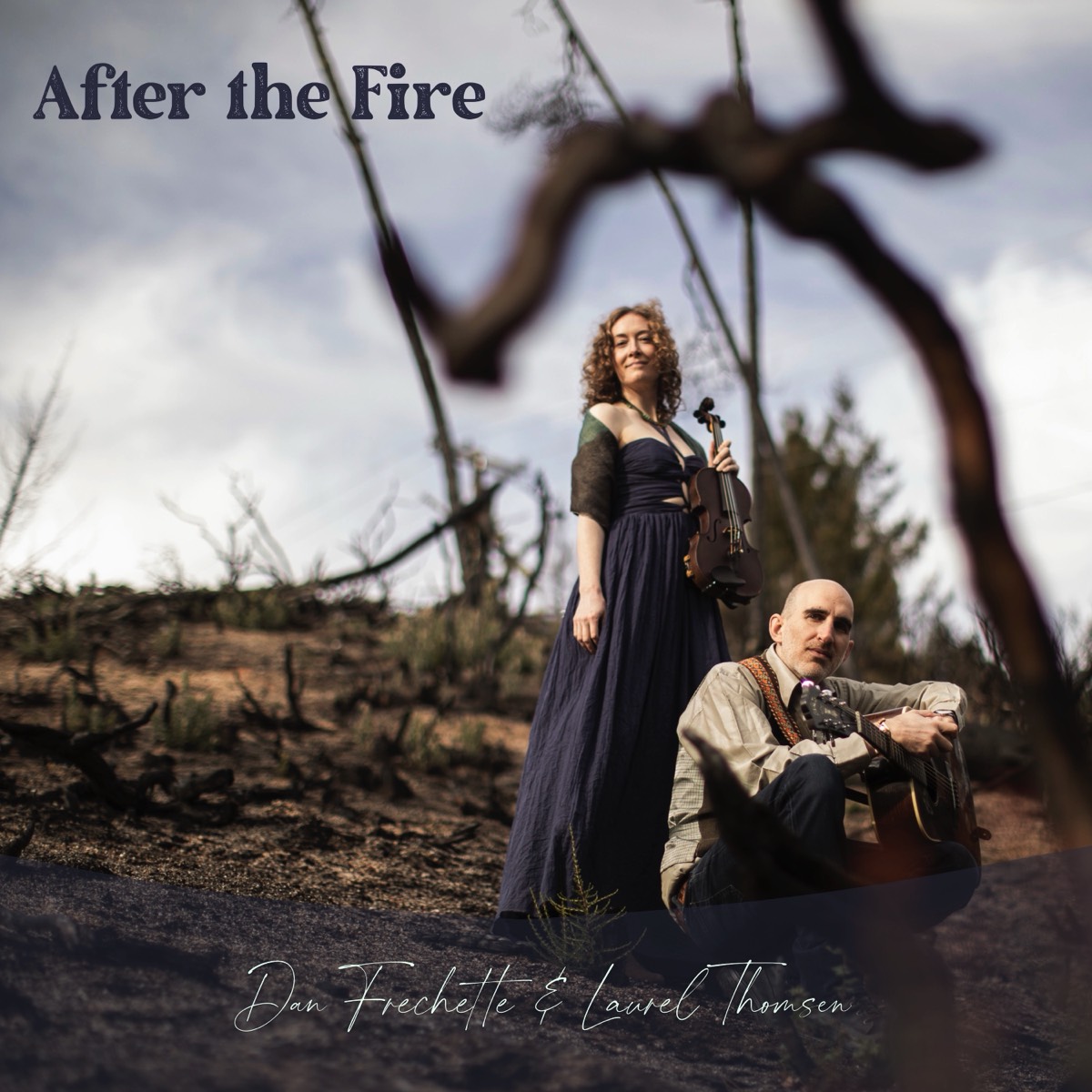Although the American Federation of Musicians (our United States musician's union) offers suggestions for the minimum fees musicians should be charging for various types of events, in the music business there are no standard rates for anything. Setting rates situationally as well as negotiation are common.
Most musicians set their prices based on a combination of what their local economy can support and their experience level. While poking around online can be helpful, a quick search for wedding musician rates in California results in suggestions anywhere from $75 to $1500 per event for a solo musician. Not super helpful! It's worth the effort it might take to learn what others offering similar services in your region are charging. While not everyone will respond to a message or phone call from another musician asking about their rates, many will be happy to divulge the area's "going rate," or a rate range. Musicians offering similar services at similar rates only helps everyone compete honestly.
However, unfortunately there are many musicians who don't need or try to make a living playing music, and therefore may consider payment more of a bonus to the experience rather than the critical calculation it often is for career musicians deciding which gigs to take and which to pass on.
Music is a challenging career path, and some find it more enjoyable to make music on the weekends and have other jobs or a spouse's income to pay the bills. Without any industry regulations however, this can create situations where hobby musicians unintentionally undercut their local career musicians. Competing for gigs and figuring out how to set our rates in a mixed environment of hobby and career musicians can be especially tricky. In some cases, venues and festivals might set their budgets around and try to support career musicians first, but in most cases, booking agents and promoters set a modest flat rate for everyone, or weigh their choice based on who's the most affordable and who might bring out the biggest crowd.
As a violinist and teacher, I've see rates for performance ranging, literally, from $25 to $50,000 per engagement, and for lessons, tuition ranging from $15 to $250 an hour. Fortunately, for any given area, there's a sweet spot closer to the affordable end of these ranges where a musician or private teacher can still make a decent living (if they keep hustling) and one can still hire a pro performer who sounds just about as good as an international soloist, or a teacher with passion and decades of experience.
When a potential client or student informs me that they'll have to go with another musician or teacher because the competition is charging less, I almost always just let it go. The exception would be with a student who seems very dedicated, or an event, concert series, or festival that would be a furthering opportunity on other fronts - a chance to make important new connections, get some complimentary pro video or audio footage for later marketing, or help out a worthy cause and get some free promotion and exposure at the same time.
In these cases I might entertain the idea of negotiating, however, I rarely get the chance. I find that many people would rather keep searching for a musician or teacher closer to the budget range they had in mind than risk their pride. Most of these won't respond after you've stated your fees, and only a small percentage might finally write back and be honest after you've sent a follow-up.
And in most cases, you get what you pay for with musicians and music teachers. A violin player who charges only $100 to come play your wedding is very likely not making a living at it. They probably also don't have a lot of experience. And someone who's happy to play three hour bar gigs for $75 and some free beers might either be filling their calendar with multiple events per day, every day of the week, or doing it as a hobby. They may be great, but likely their entertainment is not as engaging or nuanced as someone who can command more compelling compensation at a celebrated music venue. And a music teacher who only charges $20 for an hour lesson is probably not doing it professionally, or... they might just be starting out.
Taking whatever pay you can get is totally understandable for teens and young adults playing their first events or teaching their first lessons. While seeing retired tech millionaire hobby musicians snatching up the festival, venue, and even corporate and wedding gigs always irks me a bit, giving up-and-coming musicians and teachers a chance, especially for events and venues that don't have a huge budget, seems like a win-win. I'm certainly grateful for the students and clients who gave me a chance when I was 14 or 15 and just starting out.
When setting your rates, work within the standard fee range for your area, yet don't be afraid to ask for what you feel your time and expertise is worth. We might have to turn some clients, promoters, or students away, but if we keep putting ourselves out there and staying open to a variety of both enjoyable and financially rewarding experiences, it seems to all work out in the end.

